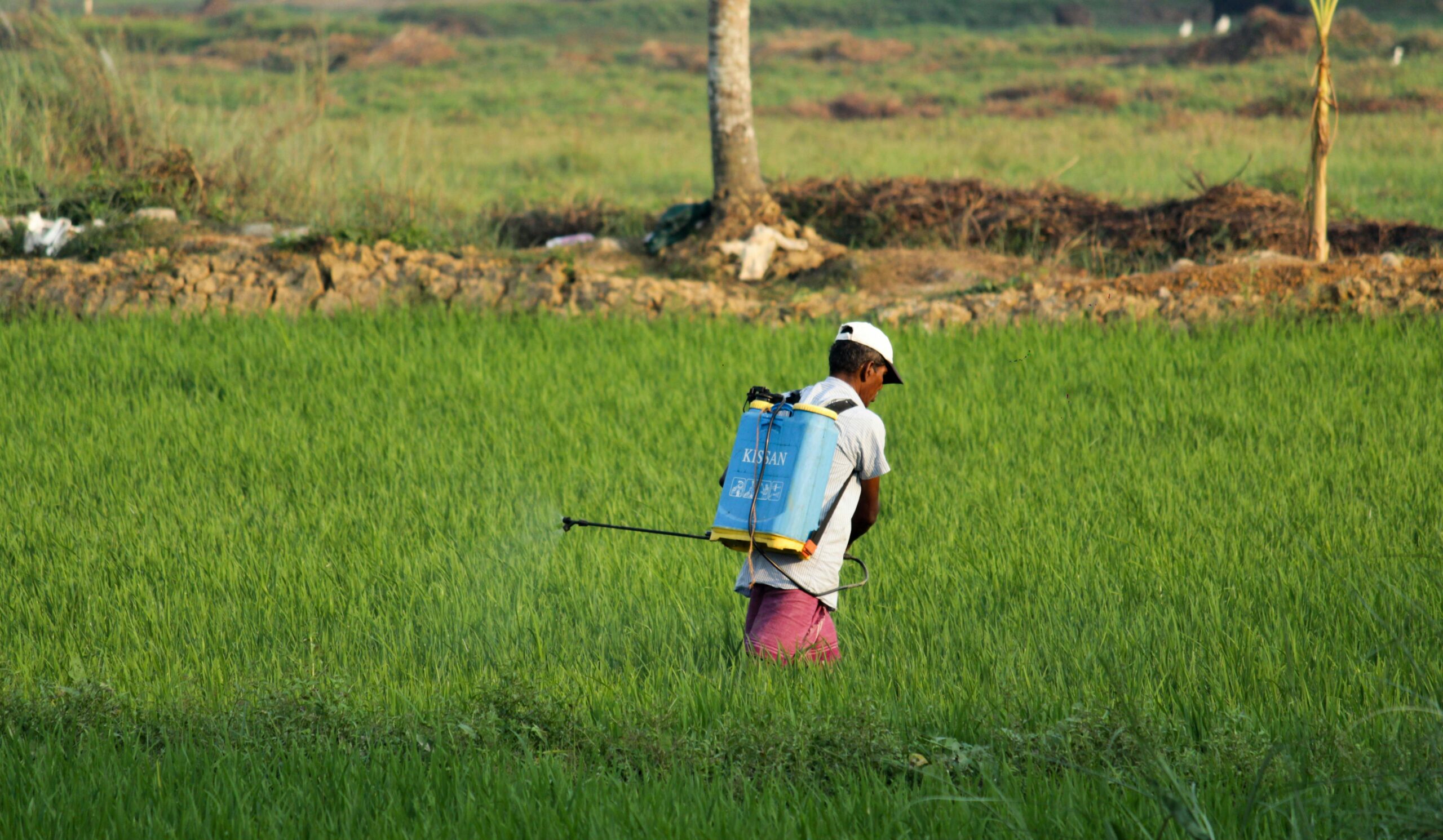Use Of Pesticide DCPA Has Been Stopped: Why Could This Impact Me?
The U.S. Environmental Protection Agency (EPA) has made a rare action in suspending all registrations of the pesticide DCPA (dimethyl tetrachloroterephthalate) under the Federal Insecticide, Fungicide and Rodenticide Act (FIFRA). After the realization of DCPA’s harmful effects on unborn babies, the EPA has made this action to protect pregnant mothers and their future children. The EPA has not taken this kind of action in nearly 40 years, underscoring the seriousness of DCPA’s harm.
What is DCPA?
DCPA is a pesticide used to control weeds, primarily on crops like broccoli, Brussel sprouts, cabbage, and onions. This pesticide can be found in both agricultural and non-agricultural settings. As of the recent registration process, which occurs every 15 years and determines the safety of a pesticide, researchers found harmful impacts of DCPA on human health.
The process of collecting research on DCPA has spanned years, delaying the EPA’s ability to accurately assess DCPA’s potential harm. For example, several studies submitted by the AMVAC Chemical Corporation between 2013 and 2021 did not have sufficient information to address DCPA’s health impacts. Finally, in November 2023, the AMVAC submitted sufficient data. By May 2023, the EPA had ample data to determine DCPA is harmful to human health, particularly pregnant women and their unborn babies.
Hence, after a year of warnings and registration changes, the EPA made the Emergency Order to immediately stop the registration of DCPA. The EPA further claimed that mitigation efforts to control the impact of DCPA use would not be effective enough to justify the pesticide’s continued use.
What is DCPA’s Impact?
With the research and analysis completed by the EPA, DCPA was found to primarily harm pregnant women and their unborn children. This was determined from the negative changes the pesticide was seen to cause in fetal thyroid hormone levels. The hormone changes have a strong correlation with complications on unborn children’s health. Complications include:
- Low birth weight
- Impaired brain development
- Decreased IQ and impaired motor skills later in life, some of which may be irreversible
People can be exposed to DCPA in a number of ways, including both agricultural or non-agricultural workers and the average consumer.
Impact on Workers
Even when protective equipment and engineering controls are used, DCPA has still caused harm to workers directly handling the pesticide. The EPA estimates that pregnant women who have direct contact with DCPA products may be subjected to exposures to the chemical that are four to 20 times greater than what is safe for unborn children.
Tasks that likely lead to DCPA direct exposure include transplanting, weeding, and harvesting products that are sprayed with DCPA. An unsafe level of DCPA has been found to remain on crops for more than 25 days. This long timespan significantly increases the likelihood that workers are being harmfully exposed to the chemical.
Impact on Consumers
Pesticides are sprayed onto plants and soil, meaning there is risk of spray drift occurring. Spray drift means the pesticide can move through the air during, or soon after, application. Being airborne increases the likelihood of people being exposed to DCPA, whether or not they are direct workers with DCPA products.
DCPA may remain on products in the form of residue. Without proper washing, consumers risk direct DCPA exposure. Even with washing, DCPA may remain absorbed within the plant. So, when ingesting a product sprayed with DCPA, there is a high likelihood you are also ingesting DCPA.
Call Us if You Were Exposed to DCPA While Pregnant
The announcement against the registrations of DCPA was released on August 6, 2024. Members within the EPA have stood by this decision, explaining that it is the EPA’s responsibility to protect people from harmful chemicals.
At Jan Dils, Attorneys at Law, our personal injury lawyers also feel it is our responsibility to protect our clients and fight for the justice they deserve. We are carefully tracking the situation and are committed to helping you or your loved ones who have been exposed to DCPA while pregnant. Contact us today to discuss your potential for a lawsuit.
 Free Case Consultation
Free Case Consultation  Free Case Consultation
Free Case Consultation 


